
Prof. Miquel Vila (ICREA at VHIR)

Prof. Josep Dalmau (ICREA at IDIBAPS)
When: 31st January 2017 at 6pm
Where: ICREA, Pg. Lluís Companys 23, 6th floor
Prof. Miquel Vila (ICREA/VHIR) and Prof. Josep Dalmau (ICREA/IDIBAPS)
Studies during the last 10 years have revealed a new category of brain diseases in which crucial neuronal receptors are attacked by autoantibodies. As a result of this attack there is a reduction of the target synaptic proteins leading to alterations in synaptic transmission. The clinical manifestations vary according to the receptor involved, and may resemble many of the symptoms caused by neurodegenerative diseases in which specific receptors are involved, including among others Parkinson, epilepsy, chronically progressive sleep disease, or schizophrenia.
75th ICREA Colloquium
On Data and Computational Science Approaches for Social Media and Social Simulation
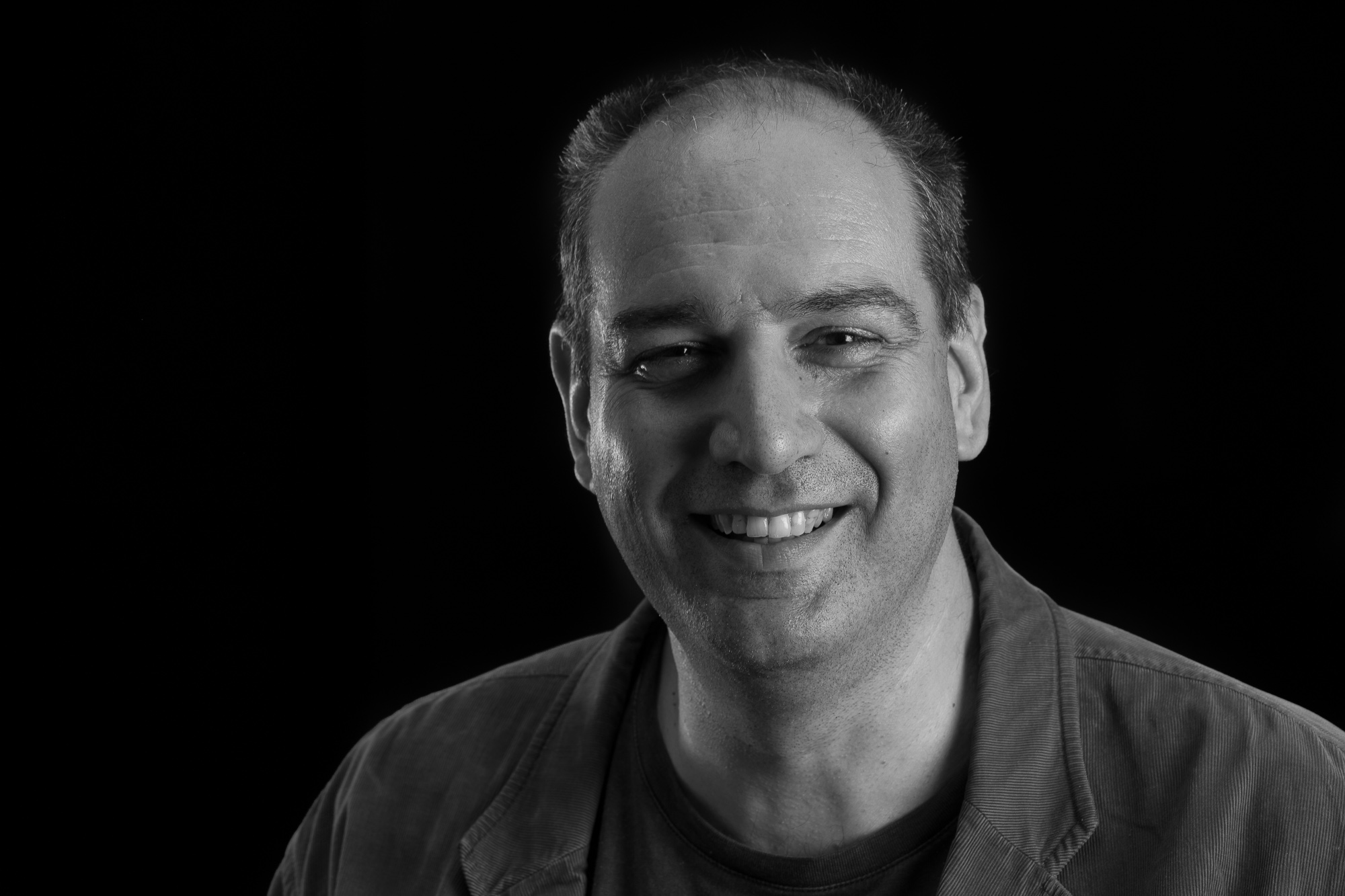
Prof. Vassil Alexandrov (ICREA at BSC-CNS)
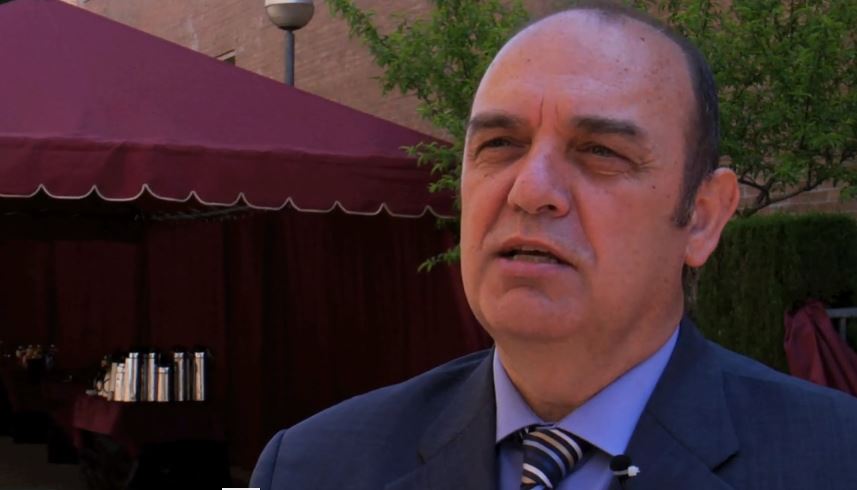
Prof. Josep Casanovas (UPC)
When: 14th March 2017 at 6pm
Where: ICREA, Pg. Lluís Companys 23, 6th floor
Prof. Vassil Alexandrov (ICREA/BSC-CNS) and Prof. Josep Casanovas (UPC)
Computational Science, an interdisciplinary field that melds basic sciences, mathematical modelling, quantitative analysis techniques and HPC (High Performance Computing) techniques, is integral in addressing the big problems in industries ranging from manufacturing and aerospace, to drug design and risk management and is also a key strategic asset in addressing societal challenges. On the other hand, with the emergence of Big Data and Data Science, novel research methods and approaches are needed to enable us to deal with enormous amounts of data in a variety of areas, and to enable efficient processing, visualization and analysis of the data, the results of the computations, etc. This is particularly true in the case of both Data and Compute Intensive scientific and industrial applications.
In the first part of the talk the focus was on Social Media and how efficiently Data and Computational Science research methods, that are able to discover global properties of data and provide efficient computational approaches, can be applied when dealing with problems from this area. Examples were drawn from psychological warfare analysis, comparing electoral campaigns, etc. The second part of the talk focused on Data and Computational Science research methods for Social Simulation.
76th ICREA Colloquium
Abstraction in Science and Art: From Quantum Simulators to Free Improvised Jazz
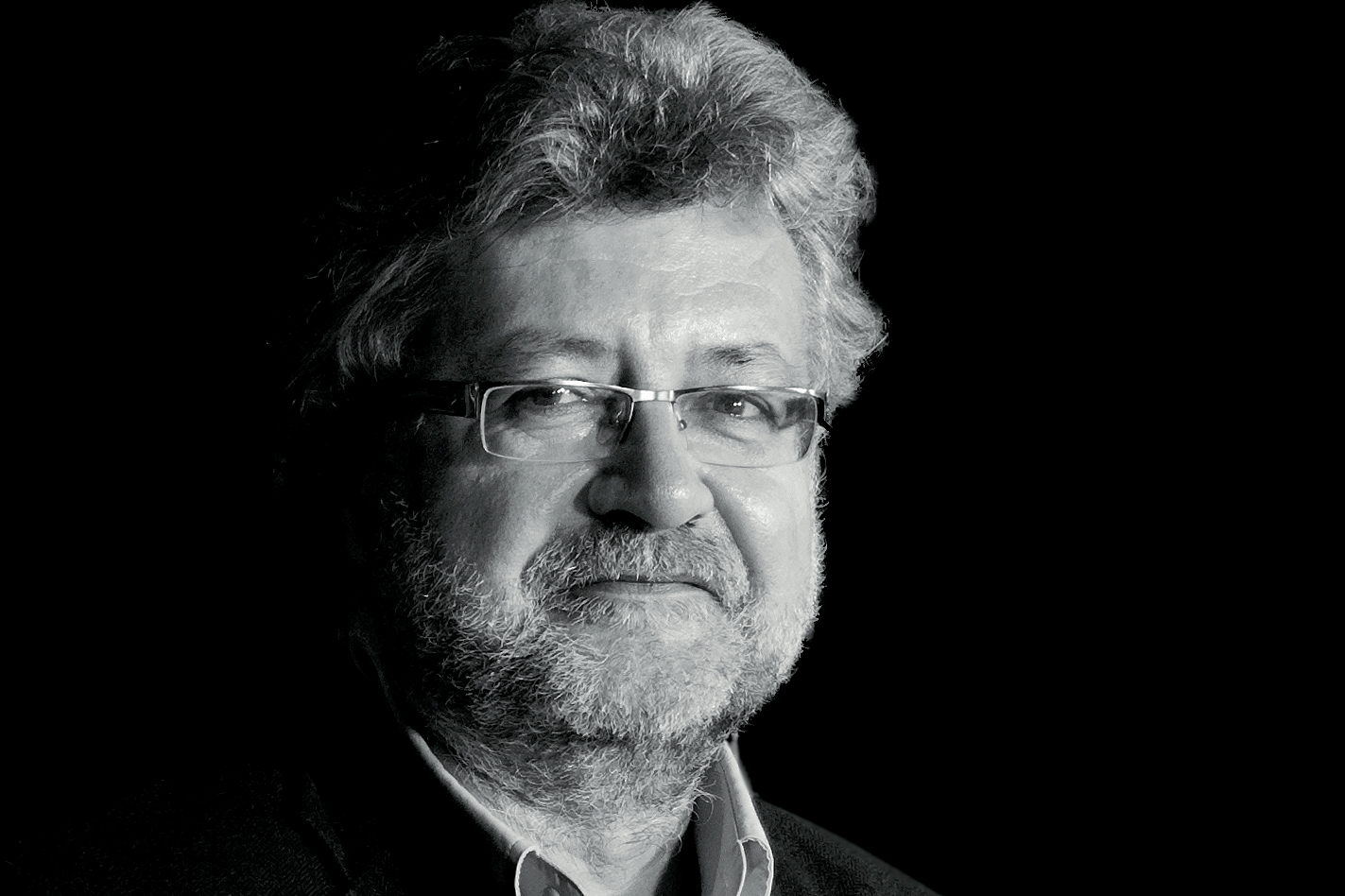
Prof. Maciej Lewenstein (ICREA at ICFO)
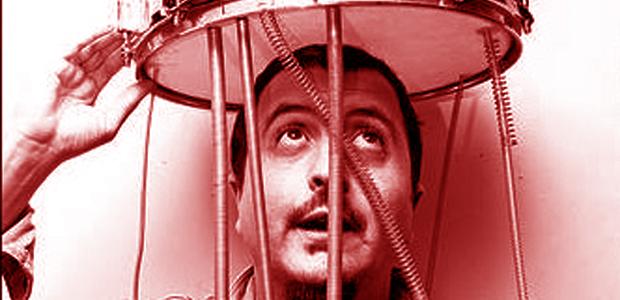
Musician Vasco Trilla
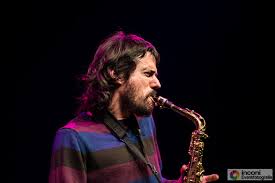
Musician El Pricto
When: 2nd May 2017, 18:00h
Where: ICREA, Pg. Lluís Companys 23, 6th floor
Prof. Maciej Lewenstein (ICREA at ICFO) and musicians Vasco Trilla and El Pricto.
This special ICREA colloquium started with the 13 minute long movie “Physics, Jazz and Poetry”, documenting a concert by the Tomasz Stańko New York Quartet, celebrating the 20th anniversary of the Nobel Prize awarded to the late Polish poet, Wisława Szymborska. The concert was held in Barcelona in March 2016 under the patronage of ICREA and ICFO. After the film, Maciej Lewenstein introduced the concept of abstraction, first quoting the Wikipedia, and then discussed abstraction in mathematics and equivalence relations. He argued that in natural sciences essentially “Modelling = Abstraction”, and illustrated this in physics, in which building of models is based on abstracting from details of reality. He discussed two examples: a pendulum and the so called quantum simulators of high Tc superconductors.
He looked at the development of the contemporary art as a process of abstraction from the rules of realism in the Western visual arts, or of harmony and tonality in the Western music. In the latter case, he based his examples on the history of jazz from the swing era to the free improvised music of the XXIst century.
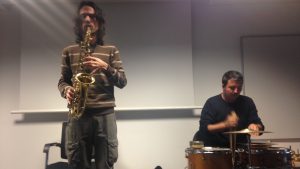
The talk ended with a short 20 minute live concert of free improvised jazz by Vasco Trilla (drums and percussion) and El Pricto (reeds). This preformance stimulated discussion about free improvisation and its rules, and about further analogies between abstractions in science and art.
77th ICREA Colloquium
Some Aspects of Economic Consequences of Catalan Independence
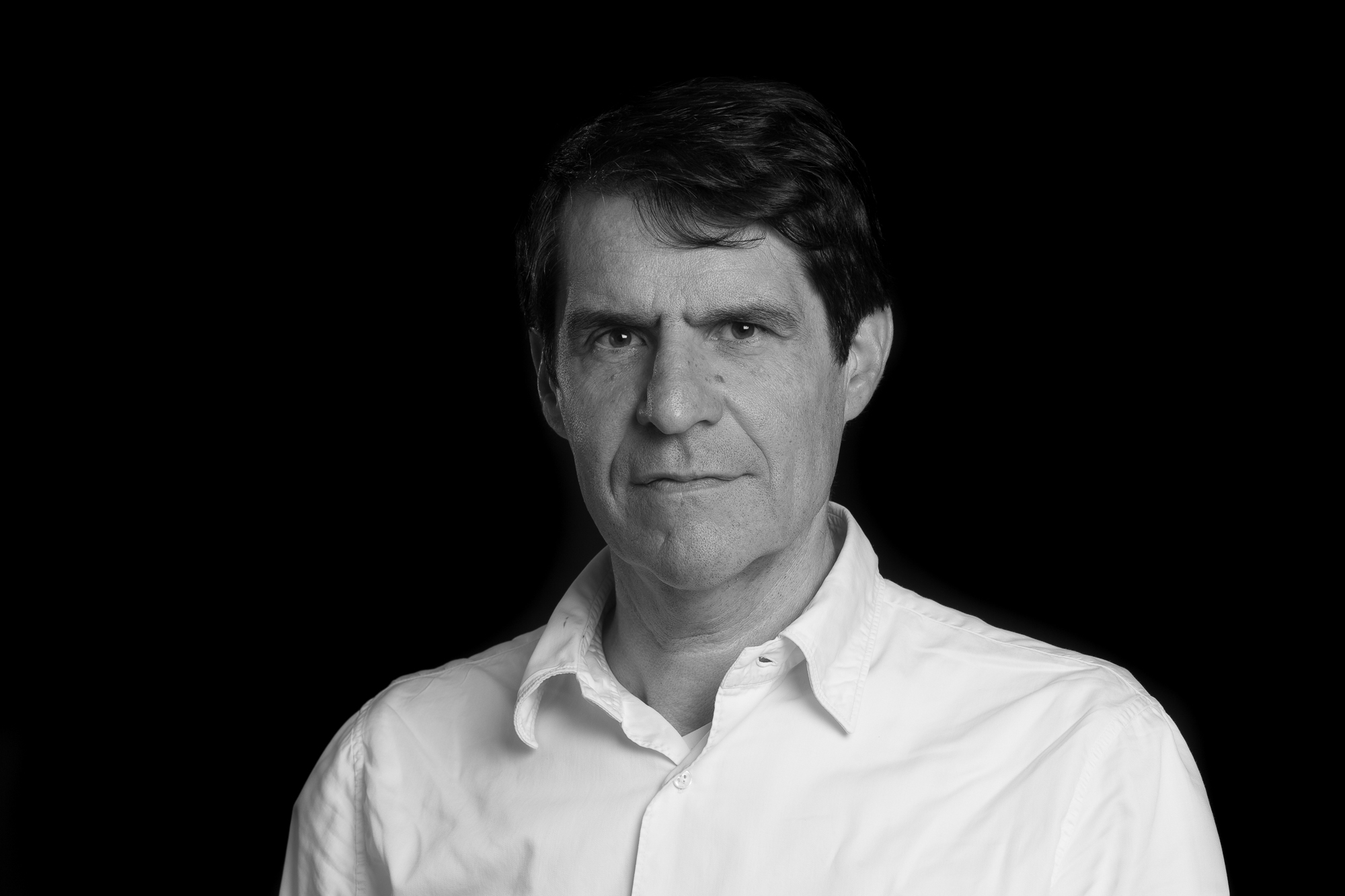
Prof. Albert Marcet (ICREA at MOVE & IAE)
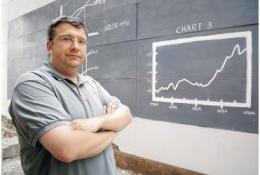
Prof. Jaume Ventura (CREI)
When: 26th of September 2016 at 6pm
Where: ICREA, Pg. Lluís Companys 23, 6th floor
Prof. Albert Marcet and Prof. Jaume Ventura
The economic consequences of Catalan independence is a key issue of our time. Various measurements of economic aggregates play a key role on the discussion. For example, there has been a debate about whether the concept of fiscal balances is “right” or “wrong”. Or if the “right” measurement is by monetary flows or cost-benefit. Should the fiscal balance be adjusted for the cycle? Some have argued that the Catalan trade surplus with Spain “compensates” the fiscal balance deficit. Also that the trade surplus with Spain measures of how much Catalunya would loose, should it become independent. The political and journalistic discussion about these issues is often based on moral or philosophical values, we would like to show how it can be used for more scientific purposes.
The research of Marcet and Ventura revolves around the issues of fiscal policy and international macroeconomics that encompass the above issues. In this talk they discussed how some measurements of economic aggregates can be used to make predictions about the consequences of Catalan independence.
78th ICREA Colloquium
Model organs in cancer research

Prof. Roger Gomis (ICREA at IRB Barcelona)
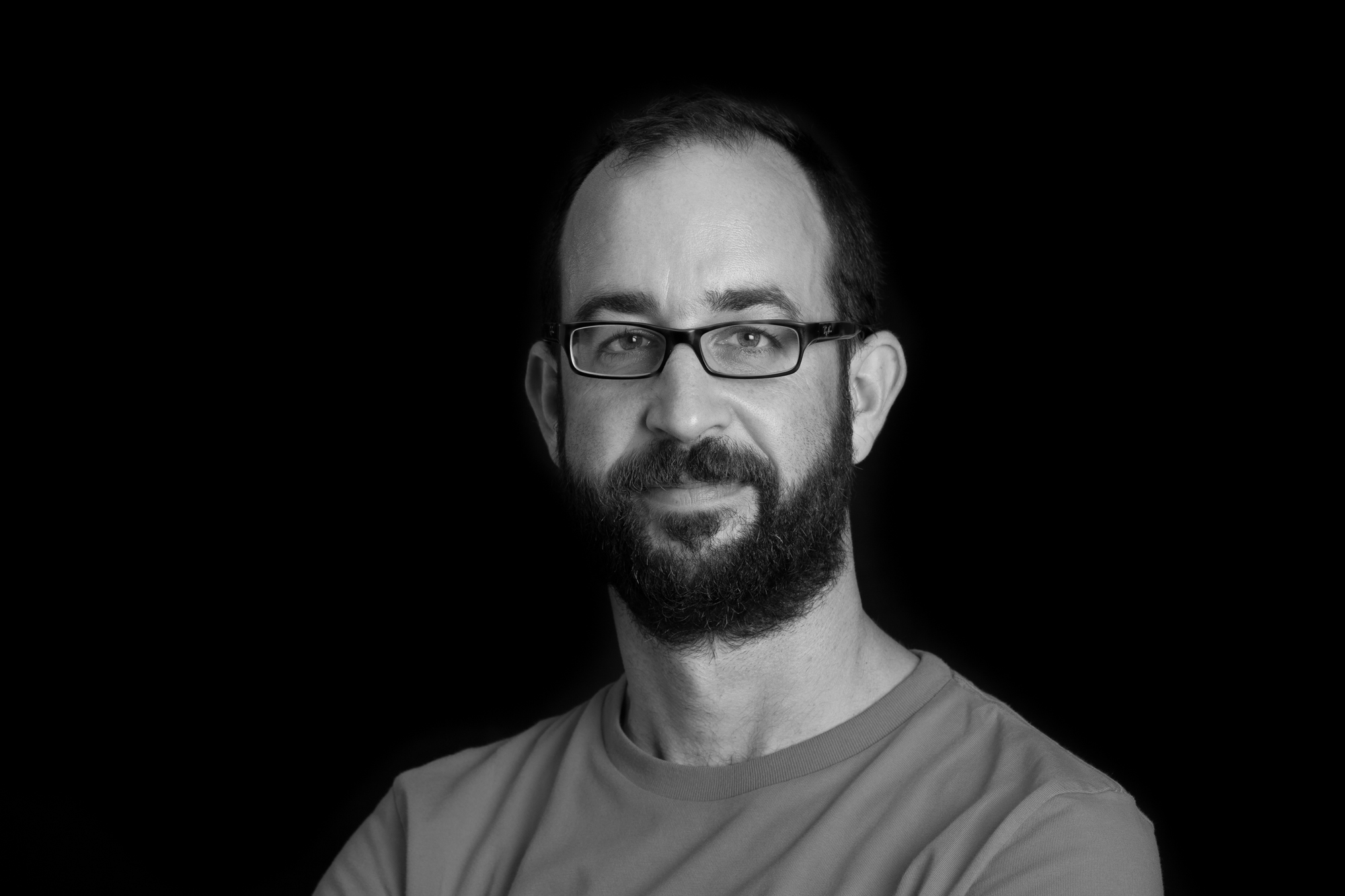
Prof. Marco Milan (ICREA at IRB Barcelona)
When: 20th of December 2017 at 6pm
Where: ICREA, Pg. Lluís Companys 23, 6th floor
Prof. Roger Gomis & Prof. Marco Milan (ICREAs at IRB Barcelona)
Metastasis continues to be a lethal hallmark of cancer. In this process, malignant cells spread from the primary tumor to distant sites, where they resist conventional treatments, proliferate, and cause the failure of vital organs. Systemic dissection of the molecular, cellular, genetic, and clinical mechanisms underlying metastatic progression is necessary for the development of new diagnostic and therapeutic strategies to prevent and treat metastases. Different cancer types show distinct metastatic organ tropism. In addition, although steps in the metastatic cascade are part of a continuous biological sequence, their acquisition may vary from one tumor type to another.
On the other hand, aneuploidy, described as an abnormal number of whole chromosomes or parts of them, has been observed in the majority of sporadic carcinomas, the most common type of cancer occurring in humans and derived from putative epithelial cells. However, the causal relationship between aneuploidy and tumorigenesis remains highly debated.
In this talk Prof. Gomis and Prof. Milan reviewed and discussed the use of fruit flies and mice to functionally characterize the highly metastatic behavior of tumor cells and the role of aneuploidy in the initiation and progression of cancer.
‘Calçot free’ Calçotada
This year we had the traditional Calçotada in a trendy place in downtown Barcelona, the old Moritz Brewery, a 150 year-old working beer factory which has become in recent years a real Barcelona icon.
ICREA’s Calçotada has become the main social event of the year and is a great opportunity to meet other ICREAs, especially the new ones. We had the highest attendance of recent years, even though we did not eat calçots (a traditional Catalan dish of charred onion shoots dipped in sauce) . Instead, we had, among other dishes, their specialty, ‘Picantón a la Moritz’, a quite interesting way of cooking a chicken which happens to be very tasty. Vegetarian options were of course even better, as they often are…
The food was fancy indeed and the whole event was very successful and cheerful, ending with ICREA director Antonio Huerta’s congratulating speech to all ICREAs for their work. Here you have some pics that show how cheerful we all were.
Jam Session
On June 22, to celebrate the end of the academic year, we organized the first ICREA musical party (a.k.a. ICREA Jam Session). It took place in the Big Bang Bar, a music joint in the old El Raval neighborhood in Barcelona. We enjoyed an evening of music and drinks, listening to great performances by ICREAs and accompanying guests.
Konstantin Dyakonov gave a concert-level interpretation of Bach and Chopin piano pieces, leaving everyone open-mouthed at his impressive virtuosity. Víctor Puntes played wonderful baroque guitar pieces. Rosemarie Nagel (violin) and her daughter Alba (piano) played some beautiful pieces by Catalan composer Manuel Blancafort. Isabel Gracia’s son, Pau, and again Alba played more classical and modern piano pieces showing their great talent. A final performance of pop and rock songs at the guitar by Jeroen van den Bergh ended the session, featuring hits from Simon and Garfunkel to Rolling Stones.
Emilià Pola took great pictures, some of them you can see here. The atmosphere was great, so it was unanimously agreed that it would be the beginning of a new ICREA tradition. Stay tuned for the next one!